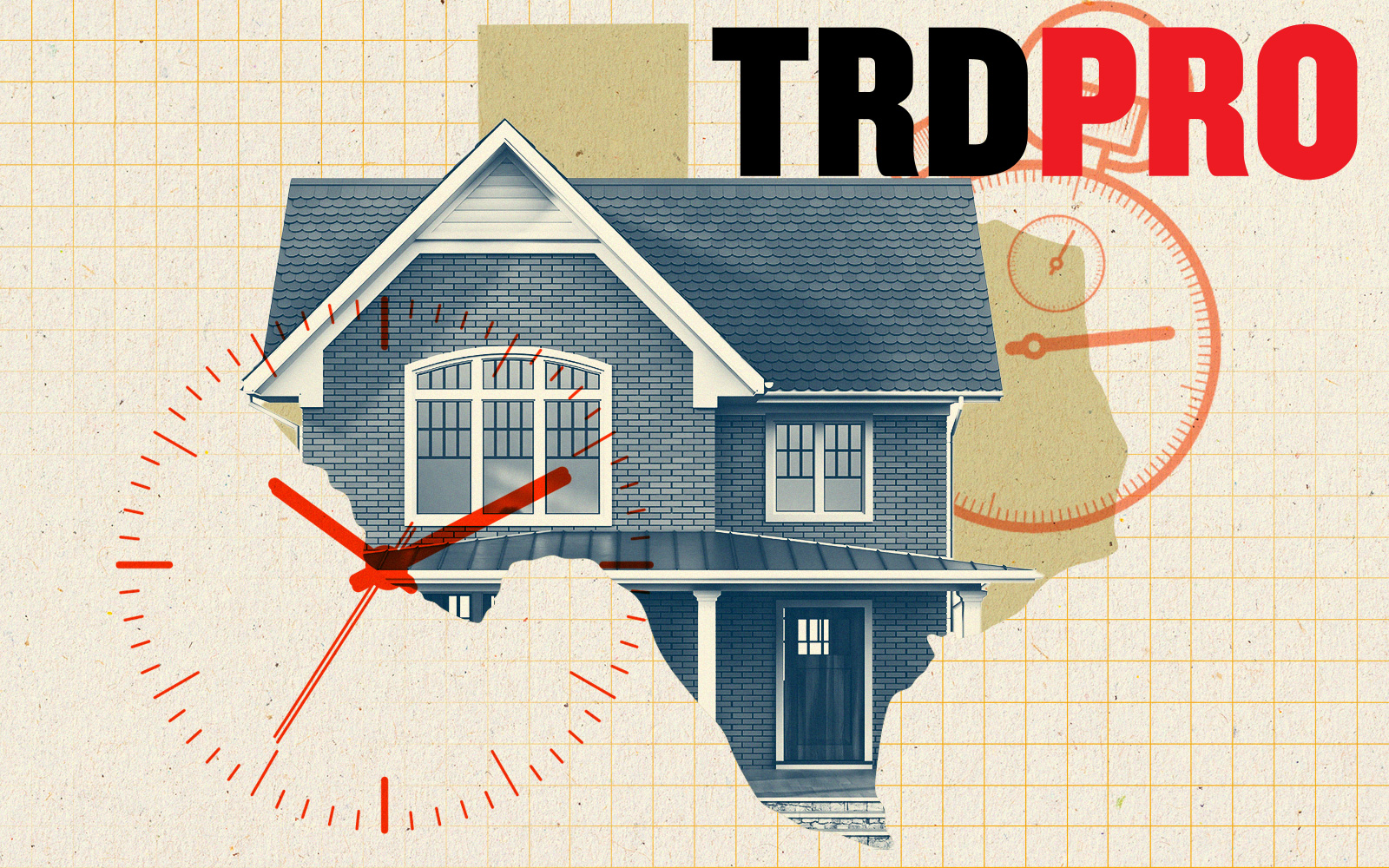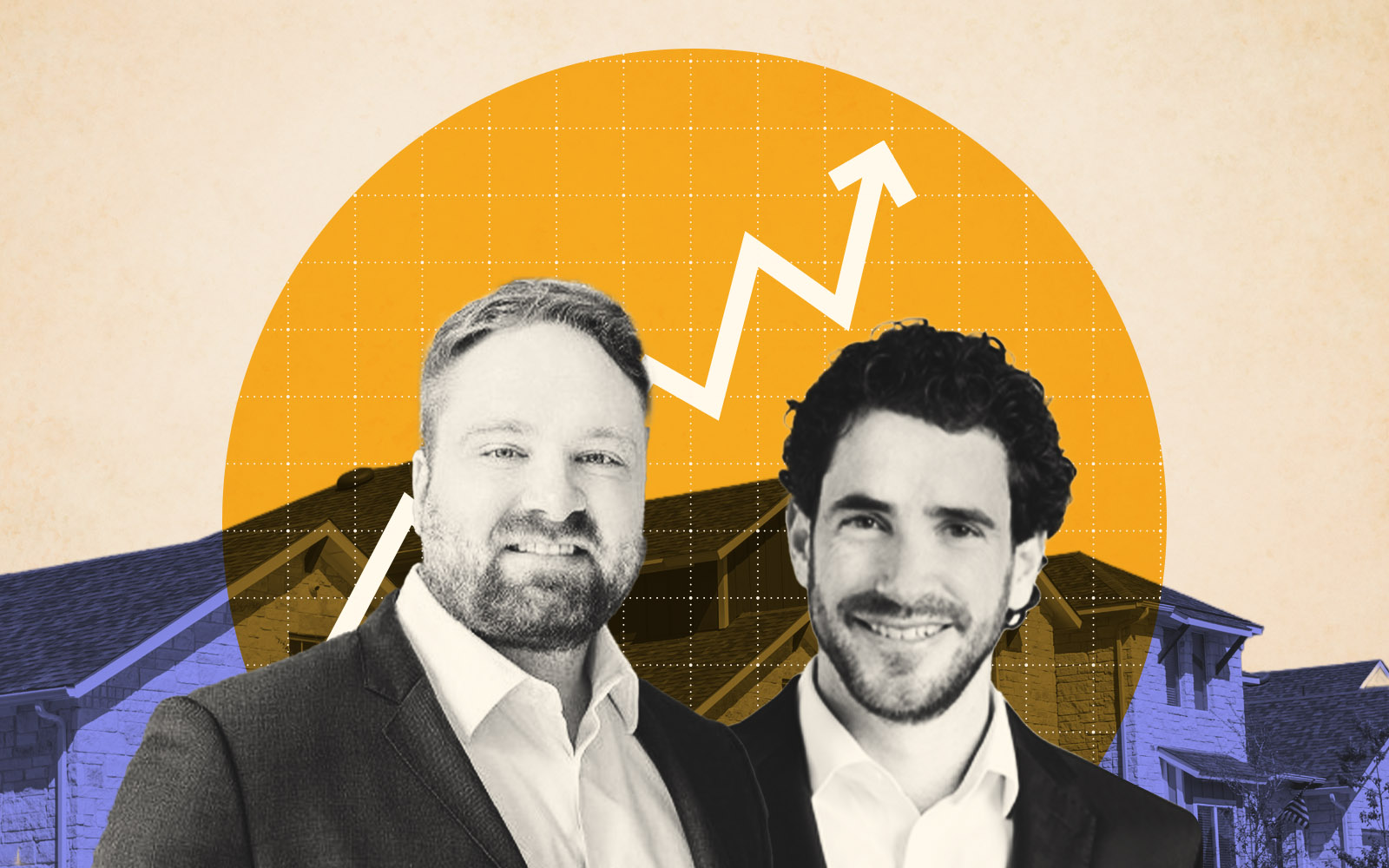“Marry the house, date the rate.” That truism is so present in Texas real estate circles that some would-be buyers, who have now heard the pitch from more than one prospective agent, just roll their eyes.
But like any cliche, it carries a hint of truth — unlike your house, you can always refinance your mortgage in a few years if rates go down. This nugget is so prominent right now because, as spring buying season heats up in Texas, rates are the primary deciding factor for most buyers and sellers.
After an insane stretch in which prices in some metro areas saw double-digit hikes, only to fall by similarly huge margins in recent months, all while mortgage rates rose, the Texas housing market has entered one of its most interesting buying seasons in recent memory. With all the conflicting signals — A recession is coming! Prices are down 20 percent! Banks are failing! We’re already in a recession! — and the future as unknowable as ever, uncertainty reigns supreme.
“A lot of buyers right now who are pre-qualed, ready to go, are sitting on the fence like scared cats just watching,” said Kinan Beck, an agent and founder of eXp Realty’s One Source Team.
Each year, as February comes to a close, Texans start to buy houses in greater numbers. The season wraps up around Memorial Day, at which point school lets out, summer travel picks up, and temperatures make moving seem like an exercise in self-immolation.
Agents and the industry are quick to say that conditions this year are not as bad as people (the media) are making them seem. “They are busy, and the market is moving at a much healthier pace than it has in years,” Ashley Jackson, Austin Board of Realtors president, said in a recent news release detailing some disappointing market statistics for March.
One reason the numbers look so bad at first — median sale price is down 13 percent, closed sales are down 14 percent, total dollar volume is down 24 percent — is because they were so colossally out of whack in 2020 and 2021. Viewed from a wider lens, current activity and numbers are largely what one would have expected them to look like by 2023, before the pandemic.
“Yes, we are going to see prices come down, but that’s in some areas that went up astronomically during Covid,” said Kathryn Scarborough, an agent with Engel and Volkers. “What I’m telling my clients is, if you bought during Covid, you probably paid too much. You probably shouldn’t sell.” She is now pricing listings based on a 2019 or early 2020 basis with a healthy appreciation per year baked in.
Scarborough says she received 13 offers for one recent listing, and even though prices have declined, inventory remains a big issue. With Texas metro areas continuing to grow at some of the fastest rates in the nation, a relatively low supply of homes should help prop up prices.
Beck is selling a $6.5 million in-development home that already has interest from multiple all-cash buyers.
“A lot of people have had huge booms over the Covid years,” Beck said. “They’re looking at properties, and they’re like, ‘I’m all-cash, no financing. I should be able to pick stuff up at a good price.’”
Condition matters
While the DFW market never hit the same highs as Austin, the return to normalcy has been easier to accept. Submarkets across the Metroplex have seen prices drop between four and eight percent but agents are optimistic about the return of middle-class buyers.
“In the last five years, you could put a cardboard box out, and it would sell. But now, condition matters” said Shana Acquisto, co-owner of Acquisto Real Estate and president of the Collin County Association of Realtors. “Homes are selling fast as long as they’re in great condition and move-in ready. We’re not seeing as many homes go as high over list as we did before, which is good.”
Houston is also seeing demand for houses that don’t need a lot of work. Seller Catherine McCarty couldn’t get a bite on a house she inherited that sat on the market for four months at $250,000, the Houston Chronicle reported. But a $6,000 investment in upgrades and a new listing agent brought in 27 showings and a closing within about a month, the outlet reported.
“Buyers want an HGTV-ready house. They don’t want a fixer upper,” real estate agent Tricia Turner told the outlet.
While the overall market has cooled, several submarkets in DFW are hitting their stride going into spring, Acquisto said. As buyers were priced out of the more expensive markets the last few years, they’ve lowered their budgets and expanded their search. Little Elm, Lewisville, Allen, Frisco, Rock Wall and The Colony are cities with strong upticks in recent buyer activity, she said.
“Those cities tend to have smaller homes, which would be less expensive, and that’s where you’re seeing more people having to gravitate because of the affordability aspect,” Acquisto said. “We still have a very strong job market, so people continue to move here.”
It all comes down to expectations. People who bought during the pandemic may be disappointed to hear that their home has not doubled in value again. Buyers whose friends are locked in at 3 percent interest rates will be sad when they can only get 6. But agents say the fundamentals are still strong. Inventory in Austin is increasing but still tight, up to three months in March from just half a month a year ago.
“Having been in this business 24 years, I chuckle when people think 6 percent is an extremely high rate,” said Monica Fabbio, founder of the Fab Property Group at Compass.
And everyone is trying to game out where, exactly, the market actually stands. Have prices bottomed out? Rates peaked? Or is there more pain to come? Even the ultra rich buyers who don’t need mortgages still have to worry about the stock market.
“Even cash buyers were sitting on their hands,” Fabbio said, “because there’s always the fear of paying at the top or before it hits the bottom.”
Read more



